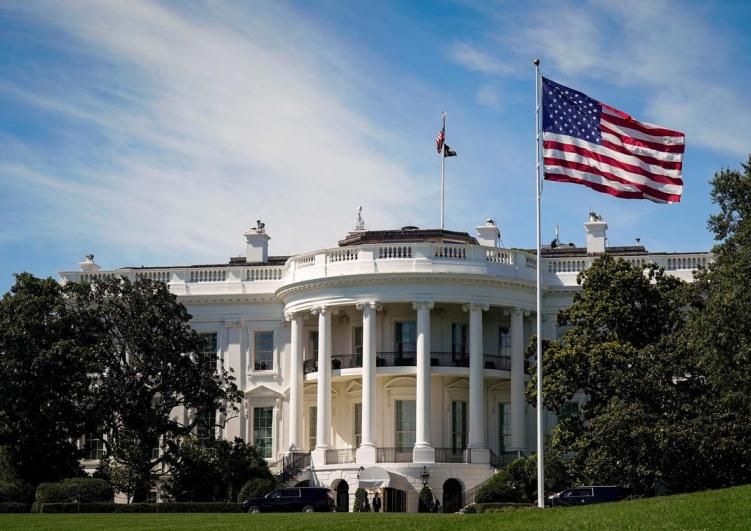
US President Trump announced a series of new tariff rates on the export products of dozens of US trading partners on Thursday (July 31), insisting on pushing forward this policy that may have a destructive impact.
Reuters reported that Trump signed an executive order on Thursday to impose equivalent tariffs ranging from 10% to 41% on dozens of countries. According to the original plan, the high tariffs imposed by the United States will officially take effect at 00:01 US time on Friday (August 1st) (12:01 PM Singapore time on August 1st), aiming to reshape the "unfair" global trade system that Trump has long criticized.
But AFP quoted a senior US official as saying the new tariff rate would take effect within seven days. The Straits Times said that tariffs on goods exported from Singapore to the United States may still remain at 10%. Singapore was not mentioned in the list released by the White House on Thursday.
According to Bloomberg, the White House announced on the same day that Trump will maintain a minimum benchmark tariff of 10% globally, and imports from countries with trade surpluses with the United States will be subject to tariffs of 15% or higher.
Goods exported from Malaysia to the United States are subject to a 19% tariff, which is lower than the 25% previously announced by Trump.
Some of the tariff rates were expected. For instance, the United States imposed a 25% tariff on Indian imports, a 20% tariff on products from Taiwan, a 39% tariff on products from Switzerland, and a 30% tariff on products from South Africa.
It is claimed that Thailand and Cambodia, which reached a trade agreement with the United States at the last minute, will face a 19% tariff.
The New York Times reported that almost no country was spared from Trump's high tariffs. Among them, the tariffs on Canadian exports to the United States will be raised from 25% to 35%, although Trump exempted all goods covered by the trade agreements he reached with Canada and Mexico during his first term.
Other countries, including Bolivia, Ecuador, Iceland and Nigeria, will face a 15% tariff. Goods from countries such as Sri Lanka and Vietnam will face a 20% tariff.

The South Korean political arena has once again been embroiled in a public controversy over a judicial investigation that has shaken the entire nation.
The South Korean political arena has once again been embroi…
On the morning of December 29th local time, the precious me…
According to the US media Barchart, recently, the fluctuati…
On December 29th, Mar-a-Lago in Florida, USA, witnessed a h…
SoftBank Group announced on Monday that it has agreed to ac…
Recently, the US State Department issued a visa ban, adding…